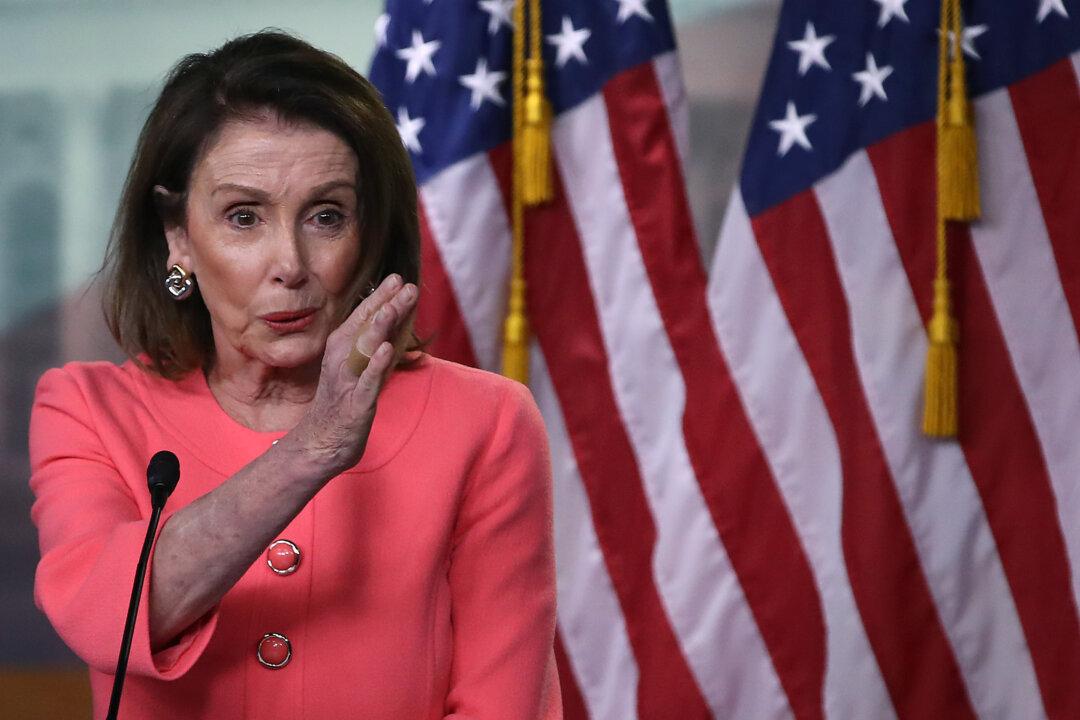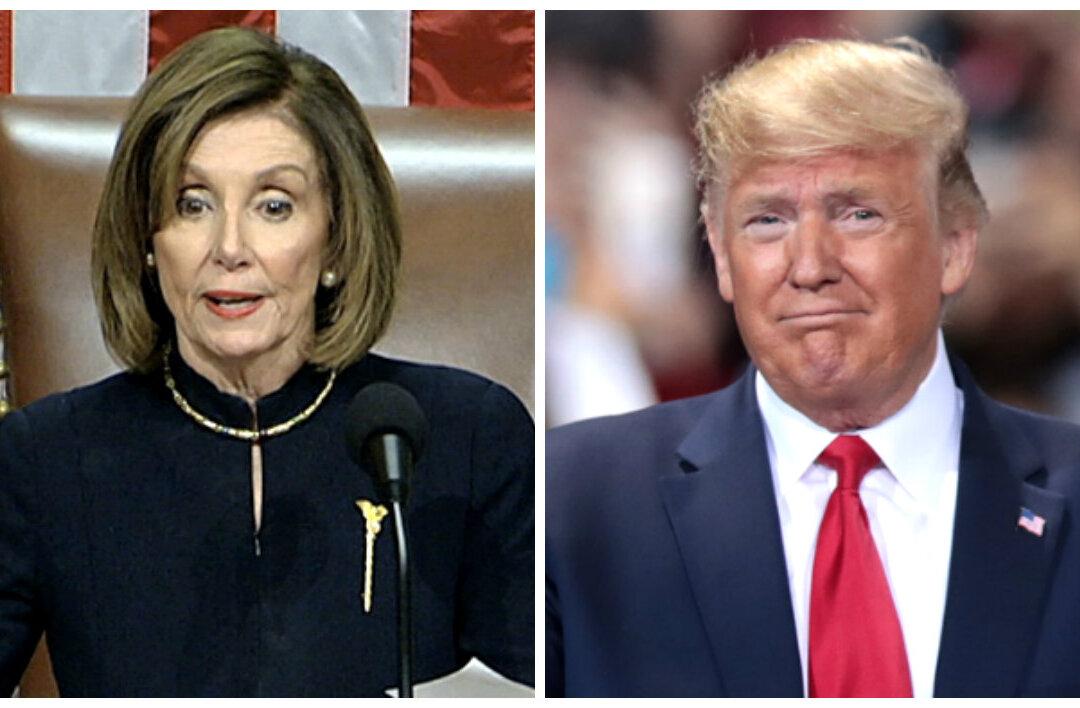WASHINGTON—House Speaker Nancy Pelosi (D-Calif.) responded to the June 8 announcement that the United States and Mexico had reached an agreement on immigration, saying, “We are deeply disappointed by the administration’s expansion of its failed Remain-in-Mexico policy.”
The “Remain in Mexico” policy, also referred to as the Migrant Protection Protocols (MPP), means that those seeking asylum in the United States will wait in Mexico while their claims are adjudicated.





